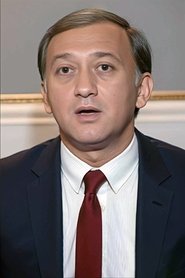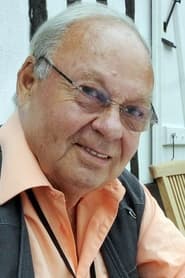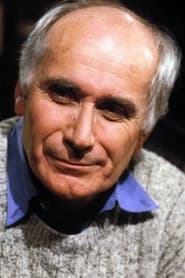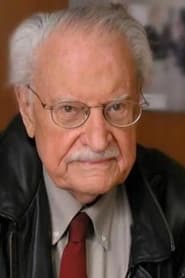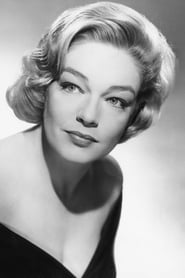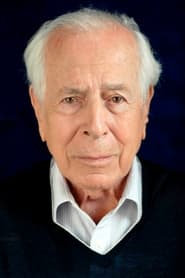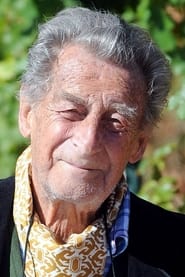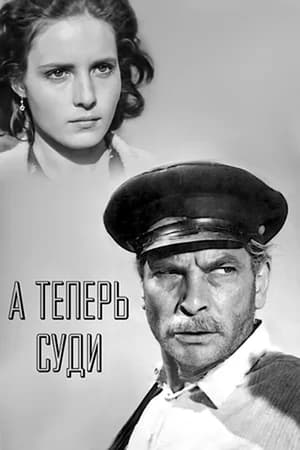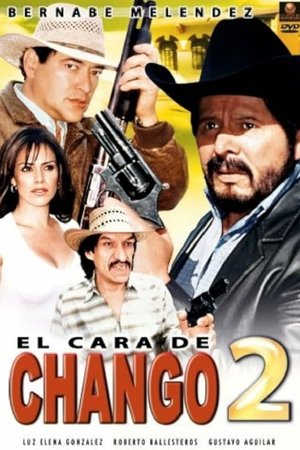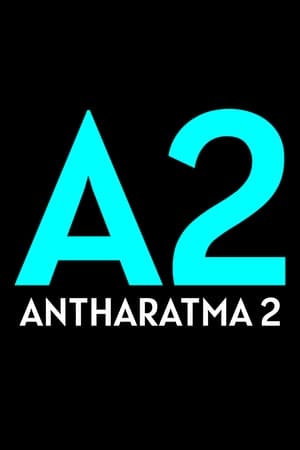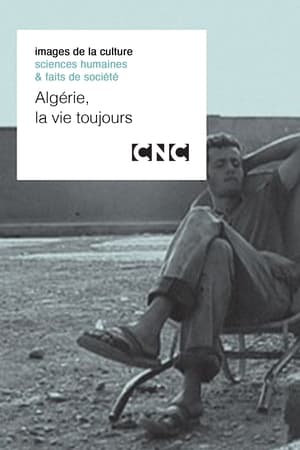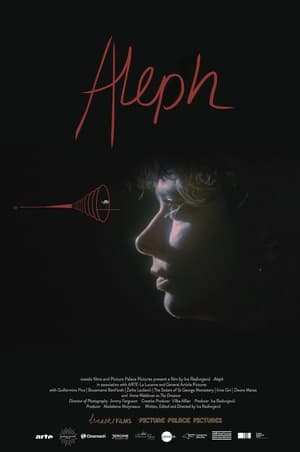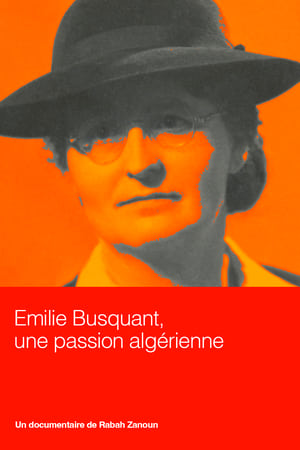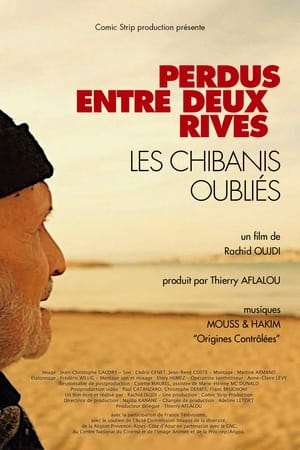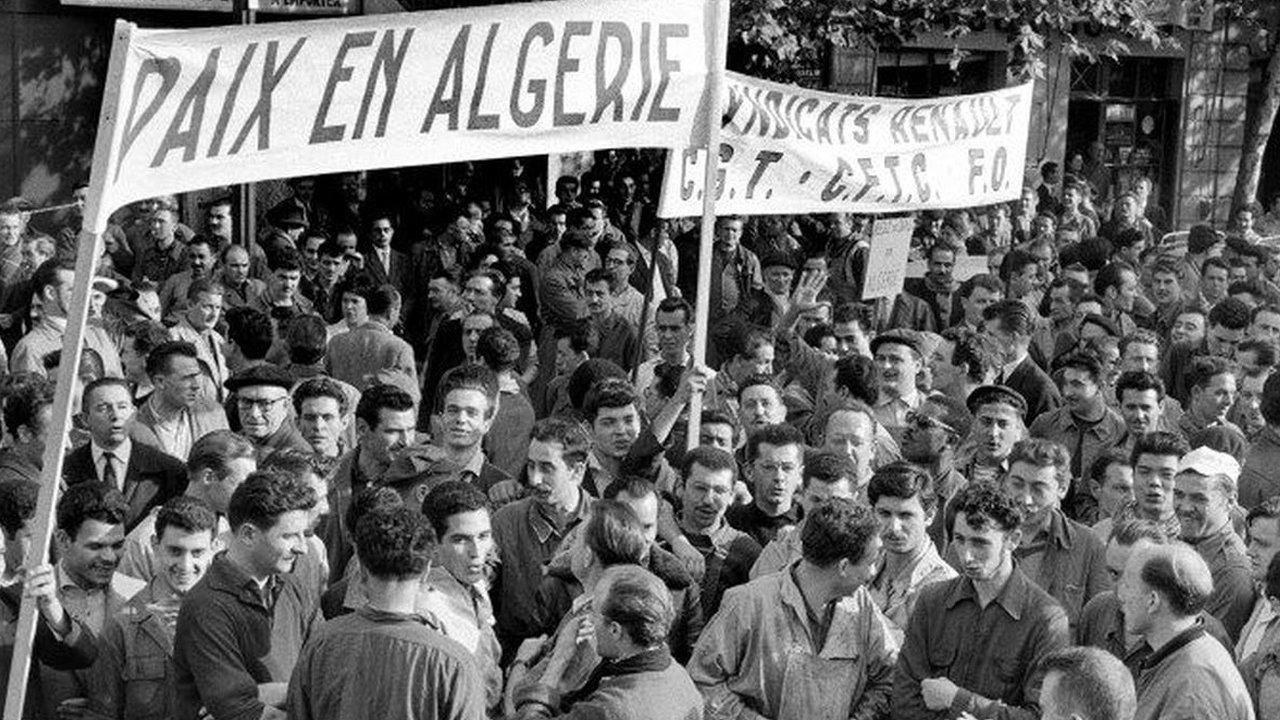
Manifesto of the 121(2011)
On September 5, 1960, the trial of about twenty French activists from the "Jeanson Network" began, supporters in the metropolis of the action of the Algerian FLN independence activists. But after a few days, the situation was reversed and the trial transformed into a political arena, it was the government, the army, their policy, it was the entire Algerian war whose trial began. Accused, witnesses, lawyers, overflowing a stunned court, transformed the courtroom into a tribune of the opposition. The trial coincided with the publication of the "Manifesto of the 121" on the right to insubordination, signed among others by Jean Paul Sartre, Arthur Adamov, Simone de Beauvoir, André Breton, Marguerite Duras, Pierre Boulez, René Dumont, François Chatelet…


Movie: Manifesto of the 121
Top 10 Billed Cast
Self
Self

Le Manifeste des 121
HomePage
Overview
On September 5, 1960, the trial of about twenty French activists from the "Jeanson Network" began, supporters in the metropolis of the action of the Algerian FLN independence activists. But after a few days, the situation was reversed and the trial transformed into a political arena, it was the government, the army, their policy, it was the entire Algerian war whose trial began. Accused, witnesses, lawyers, overflowing a stunned court, transformed the courtroom into a tribune of the opposition. The trial coincided with the publication of the "Manifesto of the 121" on the right to insubordination, signed among others by Jean Paul Sartre, Arthur Adamov, Simone de Beauvoir, André Breton, Marguerite Duras, Pierre Boulez, René Dumont, François Chatelet…
Release Date
2011-01-01
Average
10
Rating:
5.0 startsTagline
Genres
Languages:
FrançaisKeywords
Recommendations Movies
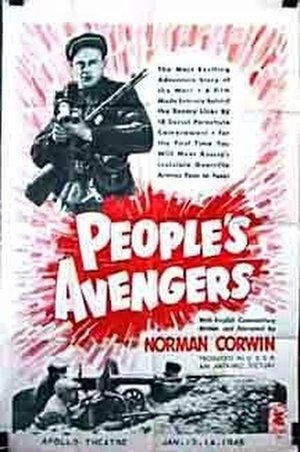 7.7
7.7People's Avengers(ru)
About the partisan movement during the Great Patriotic War.
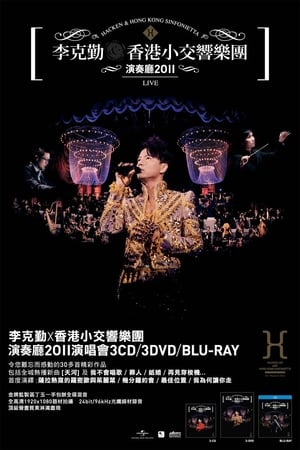 7.0
7.0Hacken Lee And Hong Kong Sinfonietta Live 2011(en)
Hacken Lee's perfect voice finds the perfect accompaniment! The pitch-perfect singer collaborated with the Hong Kong Sinfonietta and conductor Yip Wing Sze for a series of concerts at the Hong Kong Coliseum in July 2011. Hacken sang over 30 songs with the orchestra including unforgettable hits like "Blue Moon", "Deep Deep Deep", "Moonlight Sonata", "I Can't Sing", and "Red Day", as well as his new song "Galaxy". He also performed "Romeo and Juliet in Sarajevo", "Best Position", "Short Date", and "Why Did I Let You Leave" for the first time, earning great cheers from the audience.
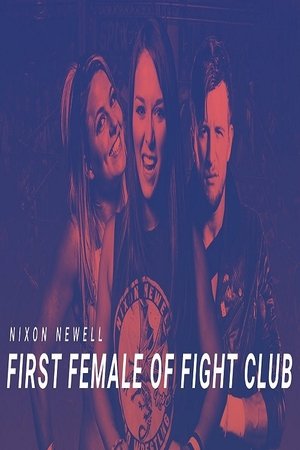 8.0
8.0Nixon Newell: First Female of Fight Club(en)
Since 2013, Nixon Newell has travelled the world as a professional wrestler. This is the story of her goodbye to independent wrestling.
H C London Presents Business English Weekends(en)
H C London Presents Business English Weekends is a story about teacher and student
 8.4
8.4GCW Fight Club 2022 Night 1(en)
Fight Club was a two-day professional wrestling pay-per-view (PPV) event promoted by Game Changer Wrestling (GCW) that was held on October 8 and 9, 2022. Both nights of the event were held in Atlantic City, New Jersey; night 1 of the event took place at the Garden Pier at the Showboat while night 2 was held inside Showboat Hotel itself. The event aired on PPV via the FITE TV service.
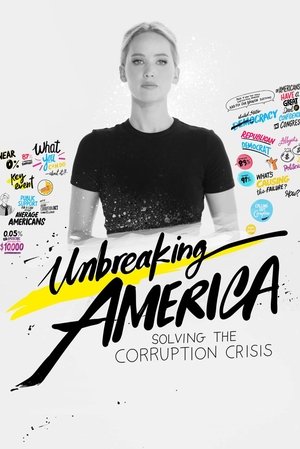 10.0
10.0Unbreaking America(en)
Our government is broken, and we have to fix it. RepresentUs board member Jennifer Lawrence and Director of RepresentUs Josh Silver, walks through three lines that show what's wrong with legal corruption in our government, how we fix it and what you can do about it.
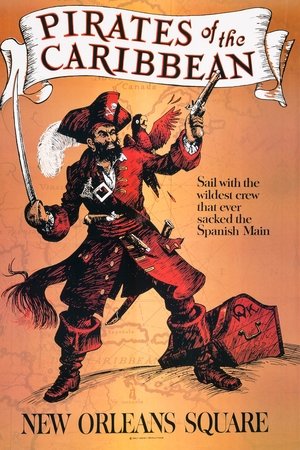 9.8
9.8Extinct Attractions Club Presents: The Pirates of the Caribbean Story(en)
See the behind the scenes story as told by the people who worked side by side with Walt Disney on the most famous theme park attraction of all time! From the walk through concept to the final design in Disneyland and Disney Theme parks world wide.
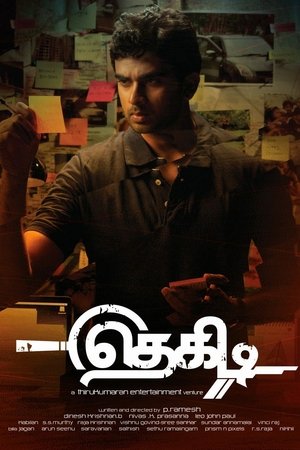 7.1
7.1Thegidi(ta)
Vettri joins a detective agency and is assigned a series of subjects to observe. He falls in love with Madhusree, one of his targets, and just when everything seems to be going fine, Vettri's subjects start dying mysteriously. Can he save Madhu before it is too late?
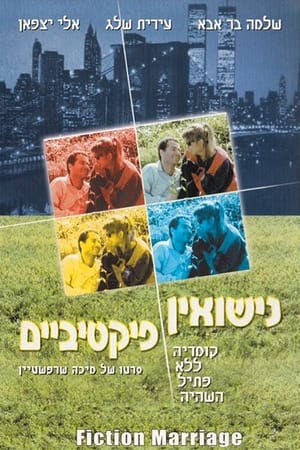 4.5
4.5Fictitious Marriage(he)
Eldad is about to go abroad, but changes his mind at the last minute. Instead of going home to Jerusalem, he disguises himself and takes a cheap hotel room in Tel Aviv. There he meets the receptionist Judy who he makes believe he'll marry so she can go to American with him and get a working visa there. In another disguise he is mistaken for a deaf-mute Arab and joins a group of them both at their Israeli construction site and back in their village.
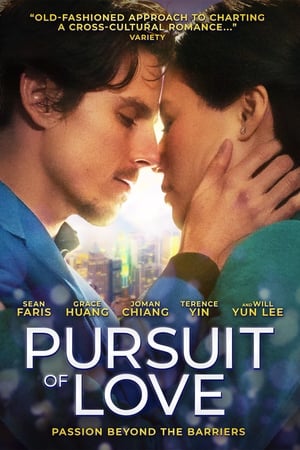 4.0
4.0Lost for Words(en)
Amidst the sweeping cityscape of cosmopolitan Hong Kong, an ex-Marine falls in love with a ballerina from China. Against mounting cultural and religious pressure, the two star-crossed lovers risk it all in pursuit of true love.
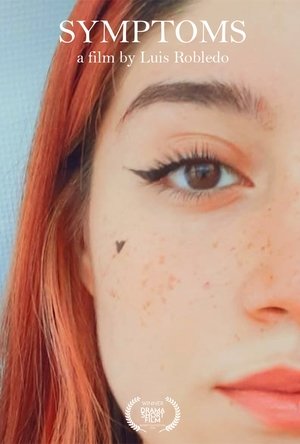 6.7
6.7Symptoms(es)
A 17-year-old girl faces a life with an adverse perspective, where her social life, her experiences, her happiness and emotional stability only depend on a thread that is too damaged.
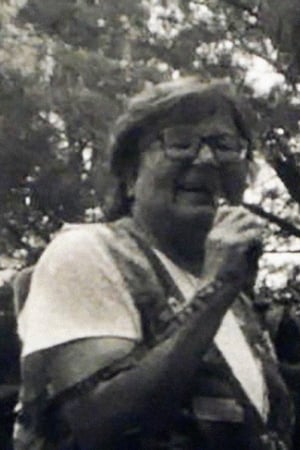 8.8
8.8The Good Life(en)
I documented the First Story's walking tour with Elder Carolyn King with a manual time-lapse on Super-8. Reconciling myself as a mixed-race indigenous Colombian settler 'walking the red road' while being a person with physical disabilities. Learning to live mino-bimaadiziwin as a settler to Turtle Island and Tkaronto. (Jaene F. Castrillon)
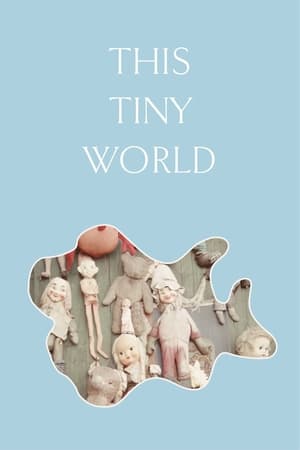 6.2
6.2This Tiny World(en)
Oscar Winning documentary short about antique mechanical toys.
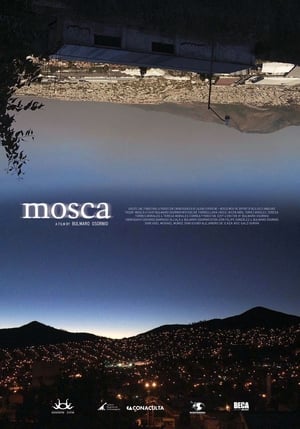 8.0
8.0Fly(es)
Suspended in time, a widower drifts endlessly between nights and days that melt into one continuous longing for a love that will never die but can no longer be. When the blinding sun coming through the window suddenly forces him back into life with Mitzi and Teresita—but without Teresa—he asks what good it is if she’s reincarnated into a flower or a butterfly if what the girls need is a mother. Can God be so cruel so as to deprive a young girl of her mother’s touch? And so reality turns into dream—or is it the other way around? And she is back again. Could Teresa still be alive? From the streets of Mexico City comes this heart-warming story of a young man struggling to raise his two daughters while working the night shift as a taxi driver.
Similar Movies
 6.9
6.9The First 54 Years: An Abbreviated Manual for Military Occupation(he)
An exhaustive explanation of how the military occupation of an invaded territory occurs and its consequences, using as a paradigmatic example the recent history of Israel and the Palestinian territories, the West Bank and the Gaza Strip, from 1967, when the Six-Day War took place, to the present day; an account by filmmaker Avi Mograbi enriched by the testimonies of Israeli army veterans.
 6.0
6.0The Panafrican Festival in Algiers(ar)
Festival panafricain d'Alger is a documentary by William Klein of the music and dance festival held 40 years ago in the streets and in venues all across Algiers. Klein follows the preparations, the rehearsals, the concerts… He blends images of interviews made to writers and advocates of the freedom movements with stock images, thus allowing him to touch on such matters as colonialism, neocolonialism, colonial exploitation, the struggles and battles of the revolutionary movements for Independence.
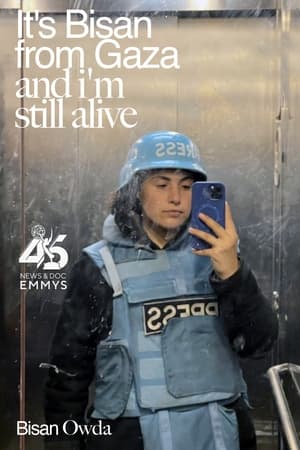 10.0
10.0It's Bisan from Gaza and I'm Still Alive(ar)
Bisan Owda, journalist and influencer collaborator of the media AJ+, is at the forefront of reporting by filming with her phone, the daily life of Palestinians to the world since October 7, 2023, the start of the war and devastation from Gaza. Owda's storytelling style and resilience have captured international attention, with his work widely covered by international media. She received an Emmy Award in 2024 for her outstanding coverage of the ongoing conflict in Gaza.
 6.8
6.8Sociology Is a Martial Art(fr)
"I often say sociology is a martial art, a means of self-defence. Basically, you use it to defend yourself, without having the right to use it for unfair attacks." (Pierre Bourdieu) The world has witnesses who speak out loud what others keep to themselves. They are neither gurus, nor masters, but those who consider that the city and the world can be thought out. The sociologist, Pierre Bourdieu is one such witness." Over a three- year period, Pierre Carles' camera followed him through different situations: a short conversation with Günter Grass, a lively conference with the inhabitants of a working-class suburb, his relations with his students and colleagues and his plea that sociology be part of the life of the city. His thinking has a sort of familiarity, which means it is always within our reach. It is the thinking of a French intellectual who has chosen to think his times.
 10.0
10.0Sawt Echaâb(ar)
“La Voix du Peuple,” composed of archival photographs by René Vauthier and others, exposes the root causes of the armed conflict of the Algerian resistance. Participating in a war of real images against French colonial propaganda, these images aimed to show the images that the occupier had censored or distorted, by showing the extortions of the French occupation army: torture, arrests and arbitrary executions, napalm bombings, roundabout fires, erasing entire villages from the map, etc. This is what the French media described as a “pacification campaign”.
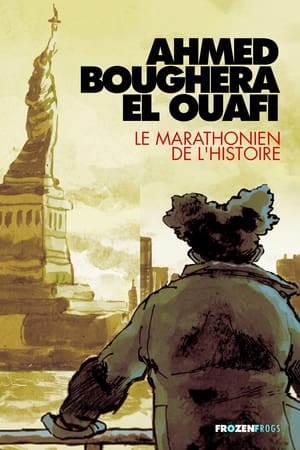 10.0
10.0El Ouafi Boughera, The marathon runner of history(cn)
On August 5, 1928, after 2 hours and 32 minutes of racing, the 71st rooster wearing the bib entered the Olympic stadium in Amsterdam. Ahmed El Ouafi Bouguéra wins the gold medal and becomes the first Olympic champion from the African continent. He achieved his feat under the tricolor flag. The start of his real marathon is underway. The history of sport extends to the history of Algeria and France. This documentary retraces the different stages of the life of this great champion, not only the history of sport but also the great story. Archival photographs and interviews mingle with the painted paintings. The series thus once again gives voice to this forgotten hero, one of the great heroes of immigration who defended France for more than a century.
 7.7
7.7Hearts and Minds(en)
Many times during his presidency, Lyndon B. Johnson said that ultimate victory in the Vietnam War depended upon the U.S. military winning the "hearts and minds" of the Vietnamese people. Filmmaker Peter Davis uses Johnson's phrase in an ironic context in this anti-war documentary, filmed and released while the Vietnam War was still under way, juxtaposing interviews with military figures like U.S. Army Chief of Staff William C. Westmoreland with shocking scenes of violence and brutality.
 6.8
6.8Be Water(en)
In 1971, after being rejected by Hollywood, Bruce Lee returned to his parents’ homeland of Hong Kong to complete four iconic films. Charting his struggles between two worlds, this portrait explores questions of identity and representation through the use of rare archival footage, interviews with loved ones and Bruce’s own writings.
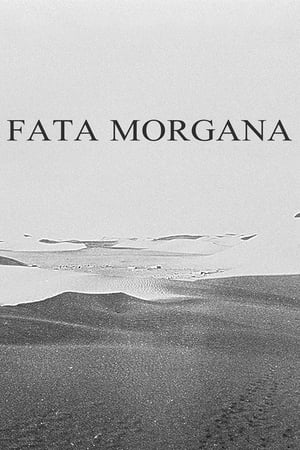 6.6
6.6Fata Morgana(de)
Shot under extreme conditions and inspired by Mayan creation theory, the film contemplates the illusion of reality and the possibility of capturing for the camera something which is not there. It is about the mirages of nature—and the nature of mirage.
 10.0
10.0An Unhealed Wound - The Harkis in the Algerian War(fr)
It's the unforgivable story of the two hundred thousands harkis, the Arabs who fought alongside the French in the bitter Algerian war, from 1954 to 1962. Why did they make that choice? Why were they slaughtered after Algeria's independence? Why were they abandonned by the French government? Some fifty to sixty thousands were saved and transferred in France, often at pitiful conditions. This is for the first time, the story of this tragedy, told in the brilliant style of the authors of "Apocalypse".
 8.0
8.0The Lives of Albert Camus(fr)
Albert Camus died at 46 years old on January 4, 1960, two years after his Nobel Prize in literature. Author of “L'Etranger”, one of the most widely read novels in the world, philosopher of the absurd and of revolt, resistant, journalist, playwright, Albert Camus had an extraordinary destiny. Child of the poor districts of Algiers, tuberculosis patient, orphan of father, son of an illiterate and deaf mother, he tore himself away from his condition thanks to his teacher. French from Algeria, he never ceased to fight for equality with the Arabs and the Kabyle, while fearing the Independence of the FLN. Founded on restored and colorized archives, and first-hand accounts, this documentary attempts to paint the portrait of Camus as he was.
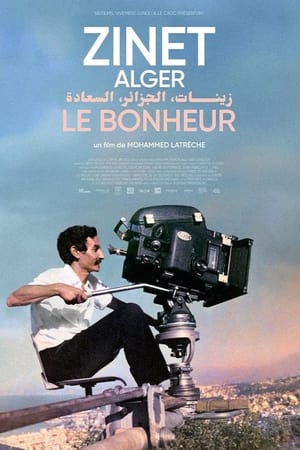 10.0
10.0Zinet, Algiers, Happiness(fr)
Who remembers Mohamed Zinet? In the eyes of French spectators who reserve his face and his frail silhouette, he is simply the “Arab actor” of French films of the 1970s, from Yves Boisset to Claude Lelouch. In Algeria, he's a completely different character... A child of the Casbah, he is the brilliant author of a film shot in the streets of Algiers in 1970, Tahya Ya Didou. Through this unique work, Zinet invents a new cinema, tells another story, shows the Algerians like never before. In the footsteps of his elder, in the alleys of the Casbah or on the port of Algiers, Mohammed Latrèche will retrace the story of Tahya Ya Didou and its director.
 6.6
6.6Mariner of the Mountains(fr)
Using his personal background, Brazilian Karim Aïnous invites the audience to follow/discover an incredible journey through space and time, with an original and usually unknown prism/aspect : The strong bound between Algeria and Brazil, two countries with political and revolutionary strikes that mould their evolution.
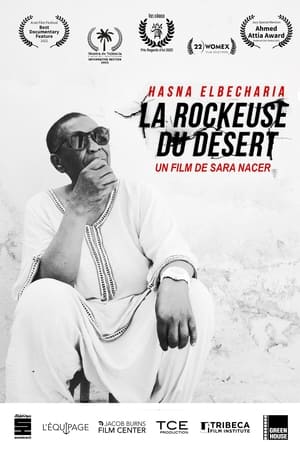 10.0
10.0The Desert Rocker(fr)
The Desert Rocker is an intimate, witty and profound portrait of the extraordinary Hasna El Becharia, a pioneer Gnawa artist. The first musician to break through the social barrier of this culture, she empowers and inspires women of all ages by reclaiming a musical tradition reserved for men for centuries . A singularly talented artist, she leads women to redefine their roles and challenge cultural norms , one musical performance at a time.
 10.0
10.0Gerboise Bleue(fr)
"Gerboise bleue", the first French atomic test carried out on February 13, 1960 in the Algerian Sahara, is the starting point of France's nuclear power. These are powerful radioactive aerial shots carried out in areas belonging to the French army. Underground tests will follow, even after the independence of Algeria. From 1960 to 1978, 30,000 people were exposed in the Sahara. The French army was recognized recognized nine irradiations. No complaint against the army or the Atomic Energy Commission has resulted. Three requests for a commission of inquiry were rejected by the National Defense Commission. For the first time, the last survivors bear witness to their fight for the recognition of their illnesses, and revealed to themselves in what conditions the shootings took place. The director goes to the zero point of "Gerboise Bleue", forbidden access for 47 years by the Algerian authorities
 6.5
6.5True Chronicles of the Blida Joinville Psychiatric Hospital in the Last Century, when Dr Frantz Fanon Was Head of the Fifth Ward between 1953 and 1956(ar)
1953, colonized Algeria. Fanon, a young black psychiatrist is appointed head doctor at the Blida-Joinville Hospital. He was putting his theories of ‘Institutional Psychotherapy’ into practice in opposition to the racist theories of the Algies School of Psychiatry, while a war broke out in his own wards.
